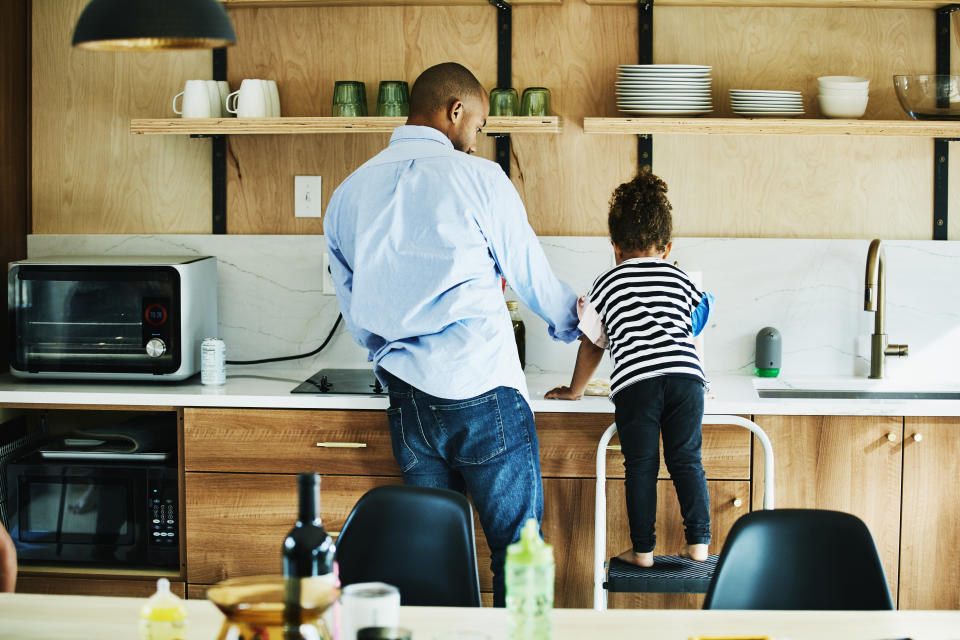Coronavirus: Will ‘busyness’ stop being status symbol post-COVID-19

Long ago, being richer meant working less. A person’s wealth was measured by their spare time and the extravagant trips and hobbies they took to fill it. Over the years, though, things have changed.
Today, we often perceive the busiest people as being the most successful. Rather than being a genuine complaint, being ‘too busy’ is a status symbol – and it’s often used as a way of showing off.
In a series of studies published in the Journal of Consumer Research in 2017, researchers analysed thousands of tweets from celebrities for humblebrags. About 12% were about being busy, either “having no life” or desperately needing a holiday.
Then, the researchers created a fictional Facebook user and asked people to look at her posts. When she posted about working 24/7, the volunteers believed she had higher status and more money than if she posted about her leisure time.
Three years on from the research, our working lives have changed dramatically. We are in the midst of a huge economic downturn because of the coronavirus pandemic and as a result, millions of people are being furloughed, losing incomes or losing their jobs entirely.
Within just a few weeks, everything has been thrown into disarray – and we have been forced to re-evaluate what is important to us, including our work.

“The coronavirus pandemic has put the brake on the hamster wheel, globally as well as in our personal lives,” says Wendy Kendall, a business psychologist. “It has caused us to face certain changes we were avoiding, such as changing to more flexible, home working arrangements or deciding why we even want to go into work in the morning.”
READ MORE: Why we need to move away from 9-5 work patterns
Ultimately, the pandemic has made us think twice about what really matters to us. Ambitious employees who were worrying about whether they were in line for a promotion may now be facing redundancy and looking for part-time work to pay the rent.
For those who thrived on a hectic schedule, meetings, presentations and deadlines may now be a secondary concern, behind their health or vulnerable friends and relatives.
For years, we believed that being productive and constantly chasing goals was the key to being seen as competent and successful. But coronavirus has thrown things into perspective. While medical staff, supermarket employees and other key workers are busier than ever, others have been forced to hit the pause button.
“While many of us are likely to be finding this time incredibly challenging, I have a number of clients who normally live very pressurising lives who have welcomed the sense of stillness lockdown has brought them. And then there are those who have a newfound appreciation for their life before lockdown,” says Dr Elena Touroni, a consultant psychologist and co-founder/co-CEO of My Online Therapy.
Whether this will bring an end to our busyness culture remains to be seen, Touroni says. “But certainly what it is doing is encouraging us all to take check of our lives, and consider whether we are living a life based on our values, and the things that really matter to us,” she adds.
READ MORE: Why it’s OK to feel unproductive and unmotivated during a pandemic
According to a recent survey of 2,000 working Brits by Slater and Gordon, the crisis has prompted many to question the traditional office based 9 to 5 culture, with a third of those polled planning to ask for more flexible hours in the future.
With many people working from home, Covid-19 has also forced us to think differently about the way we work. This isn’t to say that the way things are right now is great - with working parents trying home-school and the endless Zoom calls - but the end of work life as we know it may bring about a new approach.
Being seen to be ‘busy’ and pushing ourselves to burnout may gradually become less important if we move more towards flexible working practices.
“As we demonstrate that the workforce can still be productive and potentially even perform better with more flexibility, no commute, less travel, this could have a positive impact on work-culture with more flexible working and fewer but more productive hours,” says Amina Ispahani, a counsellor and psychotherapist. “Hopefully we will be able to see that ‘busyness’ does not equal productivity.”
READ MORE: Does workplace ‘wellness’ really help employee mental health
Whether or not the pandemic will bring about an end to our culture of busyness remains to be seen. But the illusion that being busy somehow means you are a ‘better’ and more successful individual needs to go.
Ultimately, we need to consider what it is that is keeping us so busy – and whether we want that to stay the same.
“Having time to slow down and reflect, we may realise that ‘busyness’ is not necessary for fulfilment and doesn’t govern our worth,” Ispahani says. “We might learn that we’ve been neglecting our wellbeing and things we value. In doing so, we could reject our never-ending pursuit of busyness in place of a more balanced and fulfilled life.”

 Yahoo Finance
Yahoo Finance 
